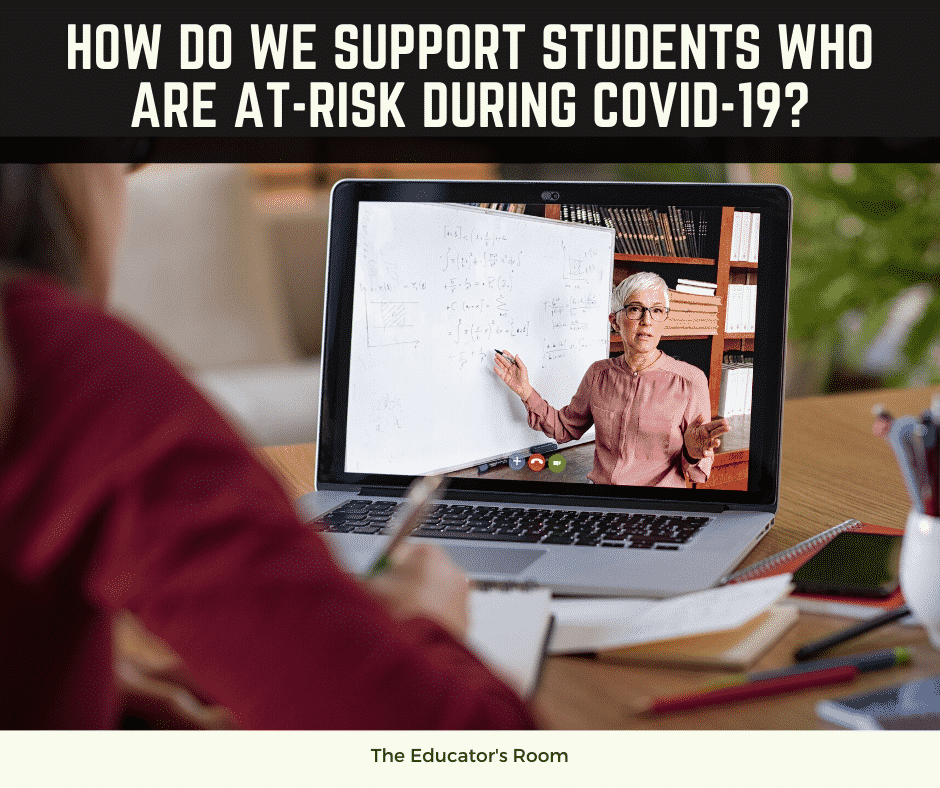It’s been my first week of teaching online and it’s been an interesting experience. In addition to being stressed out by having to quickly change all my lesson plans, and readjust my overall trajectory for the rest of the school year, I’ve been very anxious for my students. As a 25-year-old-year-old teacher, this has been such a jarring and confusing time and so I’ve been concerned with how my younger students are coping with this scary period of isolation and the ripple effects ( e.g. attending completely online classes) which is a fairly new concept to them. On the first day, my students had many questions and thoughts about COVID-19 and the sudden shift to having to learn from home.
However, amidst their concerns and fears, my students have risen to the occasion. After a week of online learning, I’ve even made a joke with my co-workers that the quality of students’ work has improved significantly. These kids have proven to be highly resilient, highly adaptive, and mostly positive about their current experience. They have reinforced that teachers should have faith in the upcoming generation.
Still, I’m aware of the fact that many of the students that I teach come from privilege – based on their race and socio-economic background. Each day, as I sit behind my computer and teach my students, I recognize they all have their own bedrooms, their own laptops with wifi, and their own copies of their assigned materials. So, I think about the students I taught in districts in Massachusetts who didn’t have these privileges, who depended on school for a hot meal, who saw school as a safe space and depended on it being open to feel welcomed and appreciated by others. This period has caused me to reflect on and question how we as educators can offer emotional (and other forms of) support and provide a virtual safe haven for students who don’t feel comfortable or safe at home.
I further question how school districts and communities will support these students so that they are able to survive this self-isolation period, which may be compounded by their home situations. If your students have the capabilities to participate in online sessions, and your school is able to function online then I would:
- Incorporate more reflective pieces into your daily class periods so that students are given the space to express how they feel during self-isolation. Students need to be able to have a voice and honestly share what they’re going through. This may be a cathartic process for them and having a safe space, which they may not have otherwise, to talk about themselves can be integral in their coping during being at home.
- Collaborate with other teachers or administrators to plan how to support students with meals, and access to help (if needed) while at home, etc.
- Ask students (privately or have them share if the class fosters that) what they need. This way, you’re not presuming what they may need but rather, you hear from them what they’d need to get through this unpredictable time.
- Reaching out to them via e-mail if your school isn’t using online capabilities, and check on them. This shows that they matter and reinforces that school (and representatives of school) are still available to them, and are still a safe space for them. You can also learn a lot from these check-ups.
This has been a stressful time for all of us in a multi-faceted way. As educators, we have a responsibility to be there for our students as best as we can, especially those who are having a difficult time at home and are anxiously waiting for this period to be over so they can return to school. So I want to open up the discussion further by asking for any tips or advice for how we can support our at-risk students during this time, particularly for schools that aren’t able to go online due to limitations?






